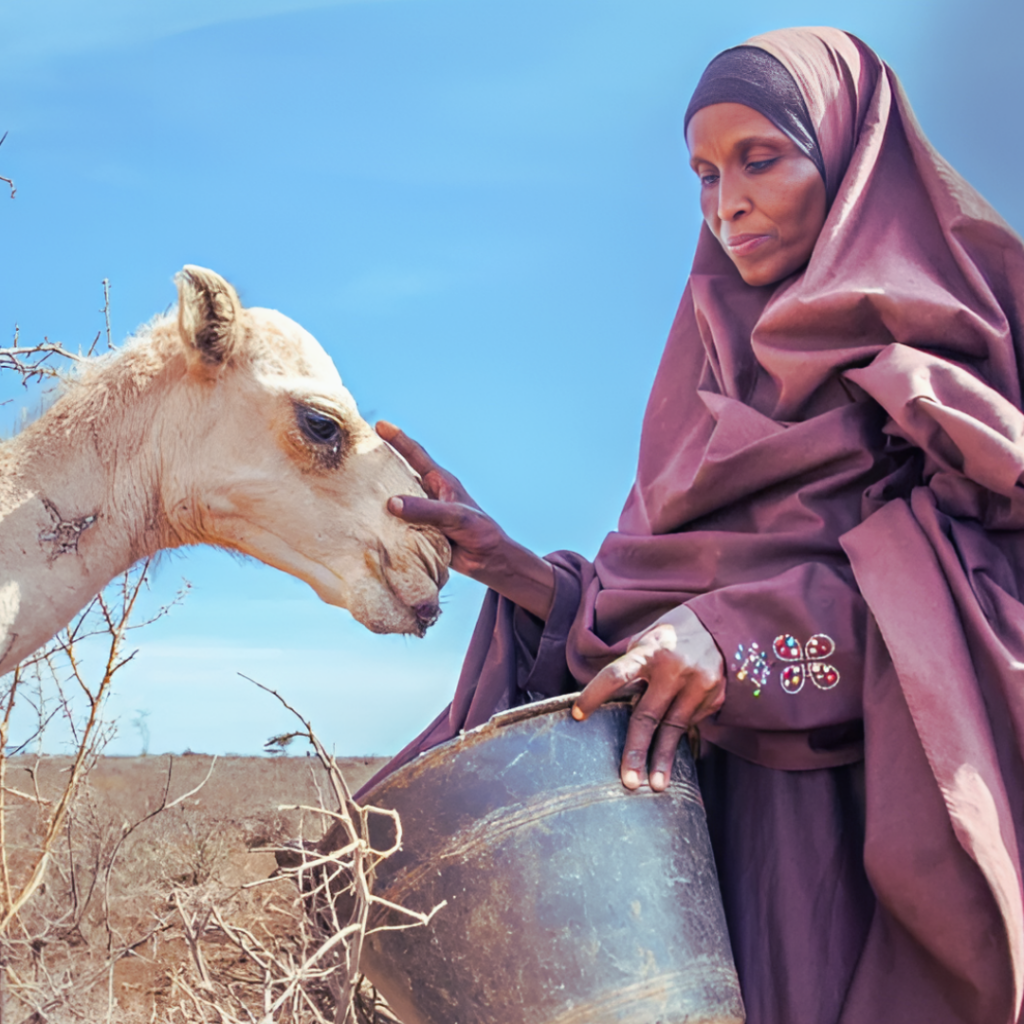
Summary
- The Crypto Council for Innovation partnered with Mercy Corps Ventures to document a series of pilot projects, using a global research perspective to examine the real-world impacts and implications for scaling Web3 solutions.
- The anticipatory climate insurance pilot in rural Kenya, powered by DIVA Donate, reduced climate aid transaction costs by 75% while reducing payment processing time by 90% by utilizing Web3 technologies.
- The pilot involved 262 pastoralists across two Kenyan counties, significantly improving their ability to manage unexpected expenses in the face of drought conditions.
- The partnership between Mercy Corps Ventures and the CCI aims to continue to document the positive impacts and scalability of Web3 solutions. Read the full report here.
Grasping the tangible effects of emerging technologies is essential for ensuring fair distribution of their advantages and shaping responsible policies and industry standards. To this end, Mercy Corps Ventures’ Crypto for Good Fund teamed up with the Crypto Council for Innovation to produce detailed reports on a series of Web3 pilot projects in developing regions. These reports not only highlight the outcomes of these projects but also delve into their economic, social, and environmental impacts on individuals and communities.
Anticipatory Climate Insurance for Kenyan Pastoralists
In rural Kenya, an anticipatory climate insurance pilot powered by DIVA Donate made a substantial impact on pastoralist communities in two counties, who depend heavily on livestock for their livelihood and are highly vulnerable to climate variations. 50 million people across sub-Saharan Africa are pastoralists, living in communities depending primarily on livestock for income and subsistence, grazing their livestock in open-access pastures and moving with them seasonally. As of January 2023, pastoralism provided income for more than 95% of rural families in Northern Kenya and accounts for 90% of youth employment in the region. Economies in Kenya are reliant on rainfall and susceptible to extreme weather events and changing climatic patterns. Precipitation across the country varies greatly. Without sufficient rainfall and the resulting vegetation, pastoralist herds are unable to graze, with livestock falling victim to starvation and illness.
In some cases, aid is delivered months after the worst impacts of drought have already been experienced. Without income from their livestock, pastoralists and their families can suffer significant consequences, including inadequate access to food, an inability to sustain their businesses, and an inability to pay school fees, with knock-on effects for their childrens’ futures.This new initiative, a partnership between DIVA Technologies, Fortune Credit, and Shamba Network, aimed to automatically trigger anticipatory cash payments to impacted populations once the conditions for drought are sensed – and critically, allow pastoralists to prepare for drought and save their livestock with the timely support received.
Using crypto rails to facilitate payments to pastoralists’ M-Pesa accounts, the project used smart contracts triggered by widely used satellite sensor ecological data to facilitate donation-based cash transfers to pastoralists impacted by the dry season.
DIVA Donate’s crypto donation platform used smart contract escrows to securely and programmatically deliver anticipatory cash transfers to pastoralist communities. The smart contract at the core of this project, administered via the DIVA protocol, held donated funds in escrow and programmatically disbursed them if climate conditions were deemed distressful for pastoralists. The smart contract assessed pasture conditions using an indicator called NDVI (Normalized Difference Vegetation Index). NDVI is a leading indicator of livestock mortality since vegetation typically tracks rainfall performance.
By leveraging blockchain technology, DIVA Donate dramatically improved the efficiency of financial aid delivery, reducing donation transaction costs by 75% and the time it takes to process payments by 90%. This quick and cost-effective method allows pastoralists to receive funds promptly before the onset of the dry season’s harsh effects.
The pilot involved 262 pastoralists across two Kenyan counties, significantly enhancing their ability to manage unexpected expenses. An overwhelming 100% of the interviewed aid recipients stated they would recommend the program to others, underlining the pilot’s success and community acceptance.
Mercy Corps Ventures and CCI is committed to amplifying these solutions and documenting their effectiveness in fostering significant positive impacts. As the journey with Web3 continues to unfold, we are enthusiastic about expanding their collaboration with startups and organizations worldwide.
Learn more about other humanitarian case studies in our Impact Base:

























